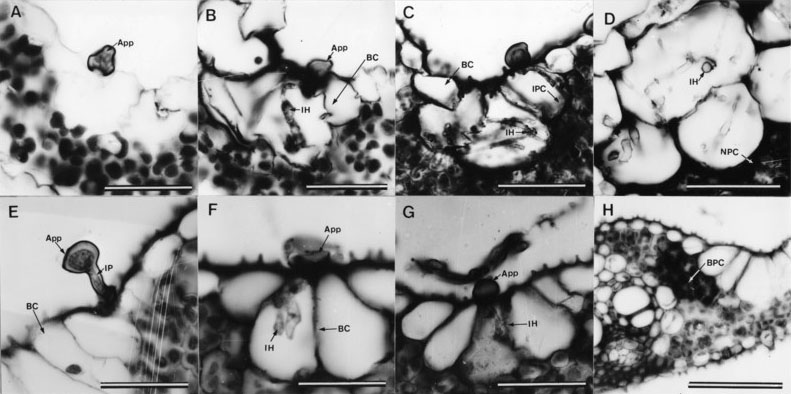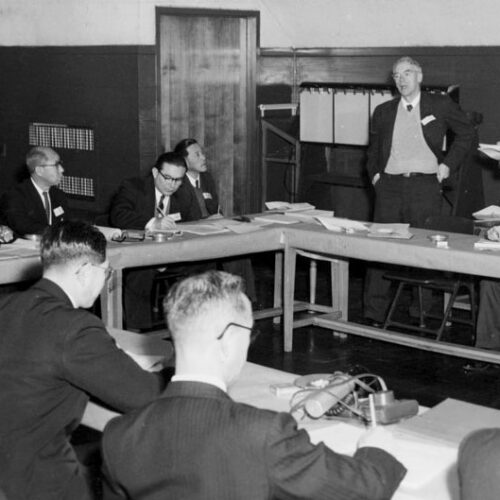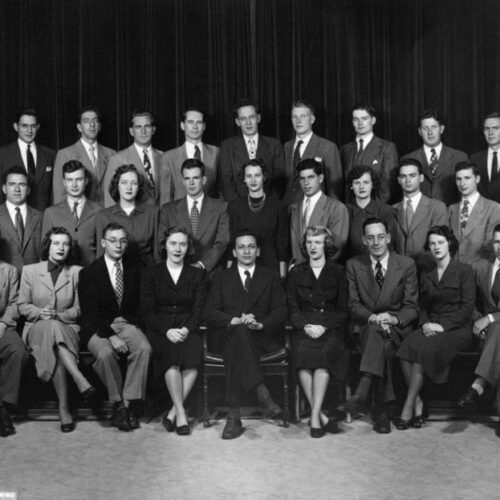Topic: Education & Knowledge
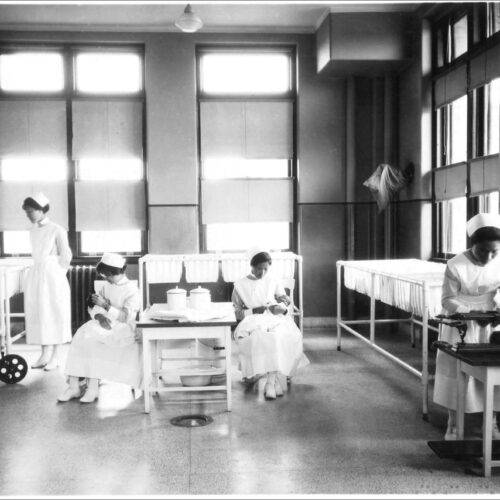
New Research: Prison Plastic Surgery, Indian Fellowships, Thai Nursing Program, and Nam June Paik
The latest RAC New Research series highlights reports from archival research by stipend recipients, covering diverse subjects from prison plastic surgery policies in the Civil Rights era to Indian art fellowship impacts and the roots of Thai nursing education. It includes discussions on the effects of patronage on video art and Thai-Filipino-American healthcare interactions, revealing the historical role of Rockefeller and Ford Foundations in enabling progressive social and cultural studies.
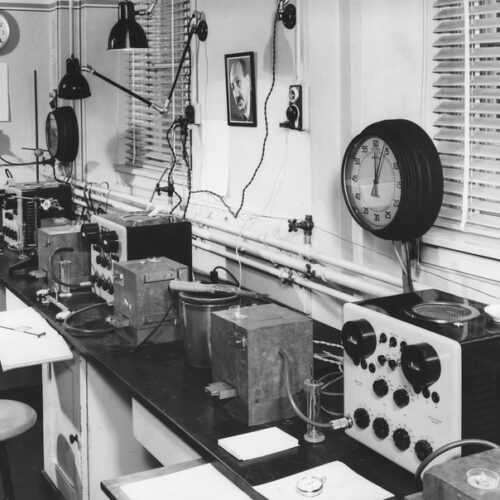
Laboratories, Talent, and New Technology: the Rockefeller Foundation and the Physical Sciences
One philanthropy invested in scientists and pushed the atomic age forward.
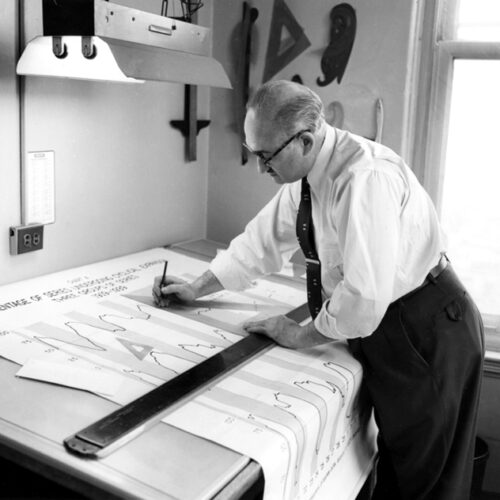
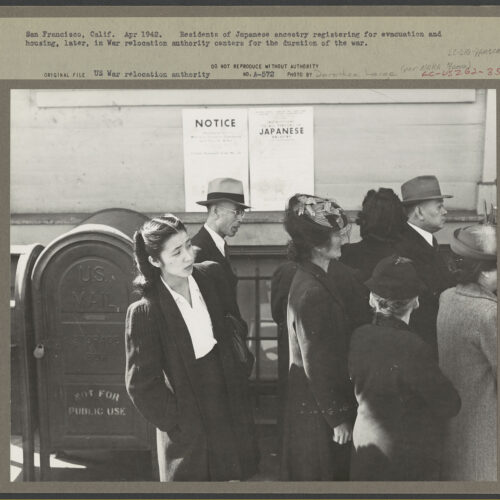
Documenting Injustice: Recording the Histories of the Japanese American Incarceration
The origins and legacy of a research project conducted in the American concentration camps for Japanese Americans.
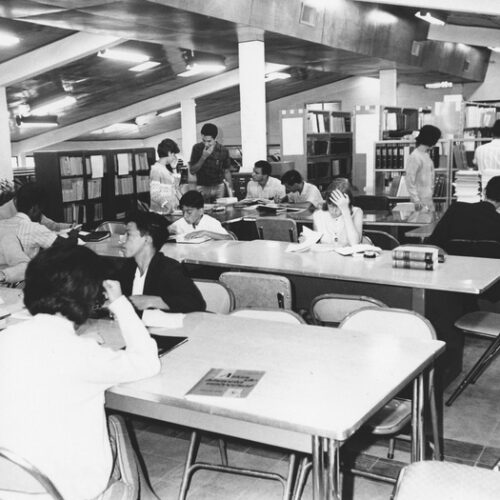
The Rockefeller Foundation’s University Development Program
Launched in the 1960s, this program provided financial support for more than two decades to strengthen universities in the Global South.
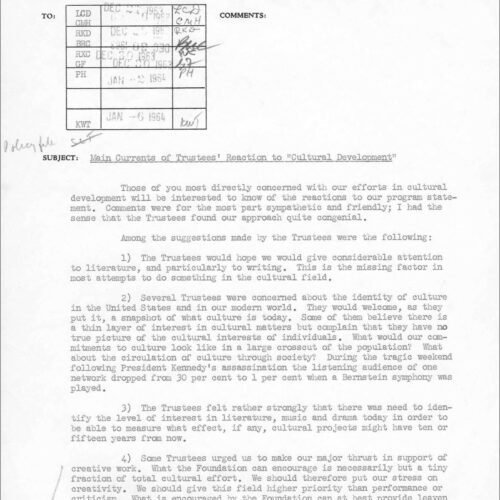
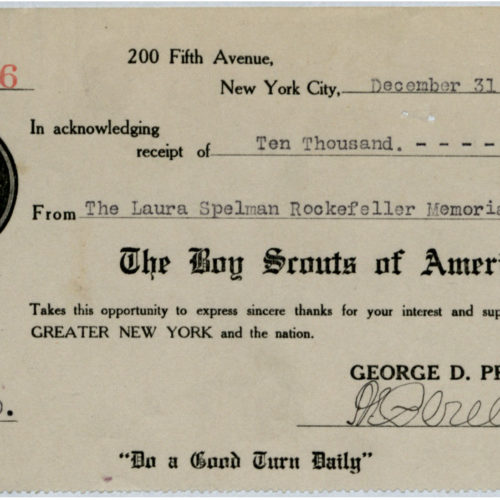
Legitimizing the Social Sciences: The Laura Spelman Rockefeller Memorial in the 1920s
What began as a philanthropic fund to honor its namesake became an early force in the social sciences.
